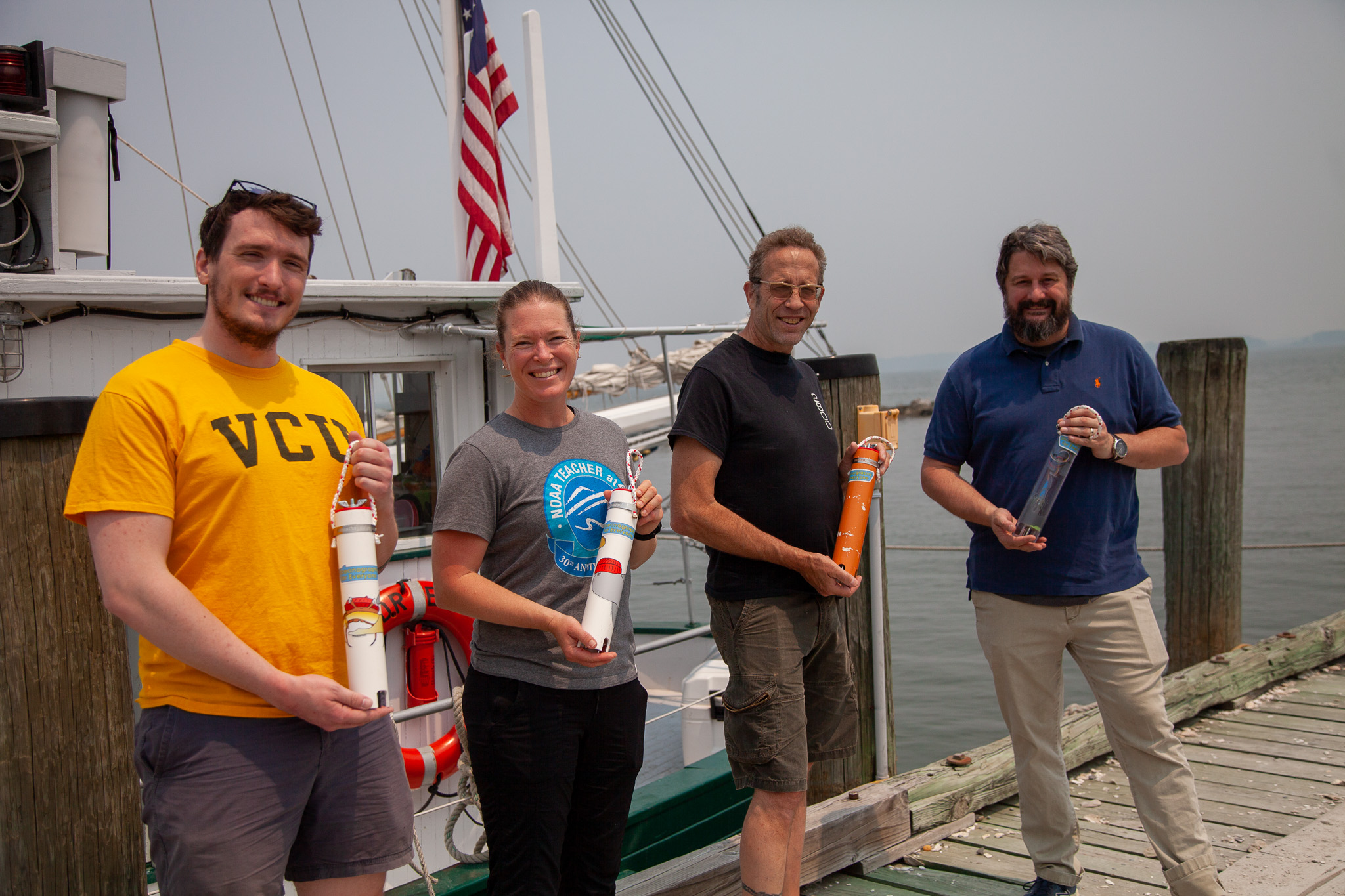Over where I hang my workday hat, recently we’ve thought a lot about the field of citizen science and how it’s developing. Specifically, the push from leaders and scholars in the field to “retake citizen science” by broadening the definition to include the many formulations of decentralized expertise present in our world in the quest for new knowledge.
As part of that ‘re-taking’, I’ve taken on some of the major stereotypes about citizen science and volunteers. I hope to take on more, and would appreciate suggestions, Mythbusters-style, of stereotypes to investigate. But for now, here’s a roundup of the perceptions thus far:
Participation is Empowering: the verdict is still out
While the goal of many citizen science programs is mainly to produce solid scientific data and better understand the world we live in, the elevator pitch about such programs often then leads to ‘oh, and it’s a great win-win-win because it increases scientific literacy, provides needed data to management, and empowers the community’. We’ve taken on the educational component, so let’s delve into the empowerment side of that claim. Groups claim empowerment as motivation to support citizen science, but some have written that the empowerment win may just be a ‘flash in the pan’, something secondary to scientific goals and subject to be lost when another form of science becomes the new exciting thing. Keep reading here
Education and Science Goals Are Always a Tradeoff: Busted
If the goal of citizen science is at least partially to educate volunteers about the subject at hand, then how can you expect new volunteers to take good data? This chicken-and-egg conundrum pops up periodically, often with a skeptical eye toward the quality of volunteer-collected data to contribute to science. On one hand, you want the volunteers to do and learn as much as possible, but on the other hand, you want some credentialed people overseeing at least the more complicated parts of the protocol. Keep reading here
More Data is Always Useful: Busted
I can’t bear to go running without my smartphone because I’ve become so attached to the data I get from its various tracking features–distance, pace, elevation change, calories burned, etc. This information is somewhat useful, I think. Tracking my progress over weeks and months helps to motivate me, and it helps me see how my fitness is evolving (if at all!). For this benefit I’m happy to drag this iThingy along with me on an afternoon jog. Keep reading here (covered by Ryan Meyer)
Volunteers Are Not Experts: Busted
Citizen science efforts are funded by the National Science Foundation exclusively under the Advancing Informal STEM (science, technology, engineering, and math) Learning program, categorizing them unilaterally as informal education rather than science. While this is far from the only source of funding, it is symptomatic of a common misperception of citizen scientists: that they are little more than untrained children in need of some experiences in nature. And that with loads of training and experience, they can approximate the rigor of professional scientists. However, science takes all kinds and citizen science, like professional science, has a wide diversity of participants. Keep reading here
Putting together this roundup has made me realize that all but one of the myths we’ve investigated has been busted, and I’m reasonably certain that this trend will continue. The excitement and activity growing around citizen science is expanding its scope to a plethora of people – and like any large group, it’s hard to make any sort of sweeping generalization.

Really interesting Amy, thanks!
I think that you would be really interested in some recent research that I have come across explaining crowds and citizen science. In particular I feel you may find these two emerging pieces of research very relevant:
– The Theory of Crowd Capital
http://papers.ssrn.com/sol3/papers.cfm?abstract_id=2193115
– The Contours of Crowd Capability
http://papers.ssrn.com/sol3/papers.cfm?abstract_id=2324637
Powerful stuff, no?